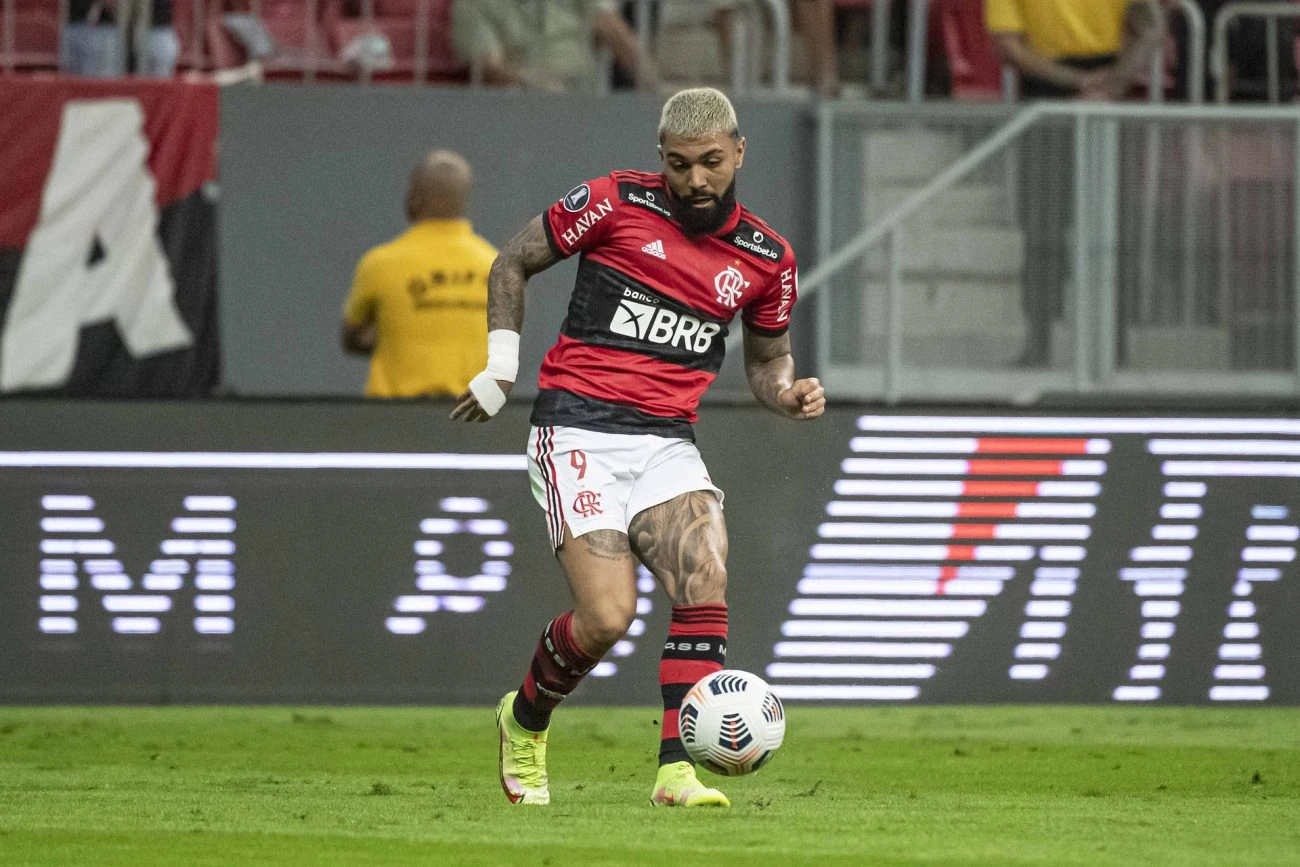Does Flamengo’s Flabet set a blueprint for sports teams to become betting operators?

Udo Seckelmann and Pedro Heitor de Araújo, who work in the gambling & crypto practice of Brazilian law firm Bichara e Motta Advogados, say other clubs may adopt a similar model to grow revenue.
Earlier this month, Flamengo revealed plans to launch Flabet with Pixbet, the club’s master sponsor, managing the brand. Essentially the arm’s-length agreement allows the operator to become an active participant in Brazil’s sports betting market, rather than only generating revenue through sponsorship.
The Flabet agreement lasts until 2027, with Pixbet paying Flamengo a minimum amount of BRL82.5m (£11.1m/€13.2m/$14.7m) over that timespan. The club will receive BRL10m in 2024, BRL22.5m in 2025 and then BRL25m in both 2026 and 2027.
Additionally, the club could receive a royalty fee of 1% of gross gaming revenue (GGR) if that percentage is above the minimum guaranteed amount of BRL82.5m.
“[The] model adopted by Flamengo with Flabet represents an innovative solution to the challenge of reconciling commercial opportunities with the restrictions imposed by current legislation,” the pair explain in an opinion piece for Brazilian news portal Poder 360.
“The replication of this strategy by other sports entities could signal an emerging trend where the ability to identify and exploit regulatory gaps becomes essential to maximising revenue-generating opportunities in the sector.”
How Flabet tackles legality issues
After Flamengo’s deliberative council approved the launch of the Flabet brand, questions were raised over its legality. Normative Ordinance No 827, stipulates only limited liability companies or corporations are eligible for licences. This ordinance formed part of the Prizes and Betting Secretariat (SPA) of the ministry of finance’s regulations issued in a four-stage rollout.
Flamengo is a civil association. That should rule out Flabet from being allowed to operate nationally.
The law also clarifies controlling shareholders or partners of operators were not allowed to hold a direct or indirect interest in a professional sports organisation. This effectively rules Flabet out of the federal licensing process.
But at a state level it’s a different story. Loterj, the lottery operator in Flamengo’s home state of Rio de Janeiro, doesn’t share the same rules on banning civil associations.
Therefore, the structure of the deal as a brand licensing model means it is in fact compliant with the law, at least at state level. This will have benefits for both parties, according to Bichara e Motta Advogados.
“The format of this partnership appears to ensure compliance with the betting law, while allowing Flamengo to expand its revenue streams by strategically monetising its brand value, generating additional revenue,” Seckelmann and Araujo explain.
“At the same time, Pixbet can expand its market presence, leveraging the club’s great popularity to grow its consumer base and capture incremental value throughout the lifecycle of the partnership.”
Could Flabet still operate nationally?
Pixbet is a licensed operator in Rio de Janeiro after gaining authorisation from Loterj last year.
It is also one of 113 operators who applied for a federal licence within the initial 90-day window of preference, ensuring its application will be processed by the market launch date at the start of 2025.
While it appears Flabet will only be allowed to operate in the state of Rio de Janeiro, Loterj has come under fire this year for allowing companies to operate nationwide through their state licence.
The Brazilian Institute for Responsible Gaming (IBJR) has been critical of Loterj, believing the regulator is overstepping its reach in a “clear violation” of federal regulations.
“The acts carried out by Loterj create disorder, raise unnecessary doubts and harm the process of regulating the fixed-odds betting industry in Brazil,” an IBJR release from April read.
Loterj insists its stance is legal and in the state’s best interests by looking to profit from the spread of betting and gaming across Brazil. Legal challenges are mounting, however and federal licences provide legal certainty for the largest operators.
This suggests Flabet may be confined to Rio de Janeiro – which at least offers an addressable market of over 16 million, as the country’s third-largest state by population.
